Jawa Trade Language: Difference between revisions
No edit summary |
No edit summary |
||
| Line 18: | Line 18: | ||
==Common Words== | ==Common Words== | ||
While most words are able to be directly translatable into the Jawaese alphabet, some words do not follow this rule. To translate those words, the Basic-based word must first be replaced by its Jawaese counterpart and then the letters are directly translatable to Jawaese. | |||
*Above - tilba | |||
*All - beton | |||
*Always - gomjam | |||
*And - un | |||
==Common Phrases== | ==Common Phrases== | ||
Revision as of 17:25, 10 December 2013

- "Utinni!"
- — A Common Jawa Phrase
- "Utto nye usabia atoonyoba?"
- — Another Common Jawa Phrase
The Jawa Trade Language is a variant of the Jawa language. Because Jawas used scents in their language that were not able to be distinguishable for non-Jawa traders, Jawas invented a spoken and written version that did not require scents. This language is widely accepted by Jawas as the easiest way to communicate verbally with non-Jawas. Jawas lack the ability to speak Basic and many other languages without assistance.
The language has been both useful for trading with Jawas and the cause of numerous jokes about Jawas. It is complicated for some races to learn, but as easy as directly translating words for other races.
Earliest Writings
Grammar Rules
Common Words
While most words are able to be directly translatable into the Jawaese alphabet, some words do not follow this rule. To translate those words, the Basic-based word must first be replaced by its Jawaese counterpart and then the letters are directly translatable to Jawaese.
- Above - tilba
- All - beton
- Always - gomjam
- And - un